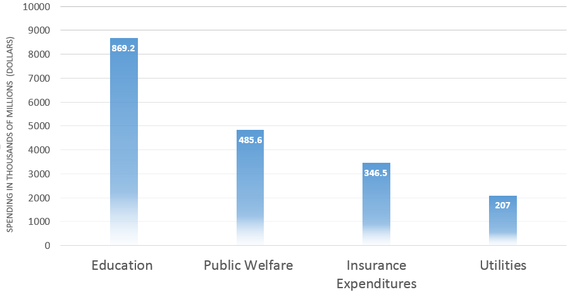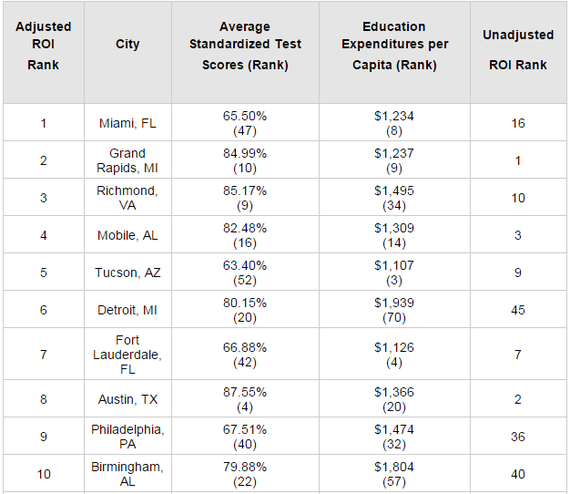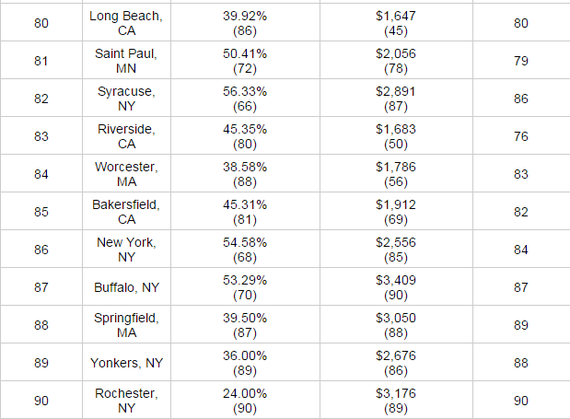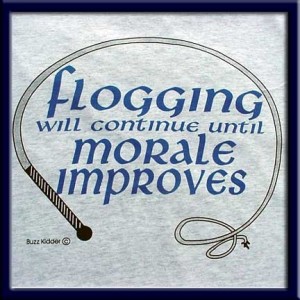They Didn't Show
by: Meg Barcus
My name is Meg and I AM a Bad Ass teacher! I have been a Bad Ass teacher for the last 18 years. Since I was five years old, my entire world has revolved around the field of education. The world that I am living in now is unrecognizable.
Common Core and Smarter Balanced have destroyed the field that I love so much; the field in which I chose to devote my life. As each day progresses, I learn more and more about Common Core and the testing that goes along with it. I thought that I was fairly well versed on this topic. I thought that I knew a lot. I didn’t know nearly enough. So, I went to a town hall meeting at the University of Delaware to hear more about it and to get justification for the feelings that I had towards this supposed panacea for American Education. I attended this meeting. I and about 100 other people were there to hear a “debate” about Common Core. However, half of the people that were supposed to debate the topic didn’t show. They backed out at the last minute. They didn’t come. They were invited to share the reasons that Common Core and SBAC and PARCC are supposed to be the “promised land.” They didn’t show. That, in and of itself, speaks volumes.
Another thing that speaks volumes is that the person that they found to support Common Core and the standardized tests that go along with it was not a supporter of Common Core or standardized testing. How do I know this? In her opening statements, she made it very clear that she did not support standardized testing. In her closing remarks, she stated that educational decisions should not be motivated by money [paraphrased]. So, you may ask, what was the point of this debate? Why did I spend 3 ½ hours on a Saturday morning listening to four incredibly intelligent women discuss Common Core and the tests that go along with them? Why? Because I didn’t know nearly as much as I thought I did.
I learned so many things; things that were shocking in many ways. I've always been a person run more by emotion than anything else. I have always opposed the testing and Common Core based on my own emotional reasons and feeling that tying test scores to student and teacher success is wrong. Test scores don't account for differences or individuality in any way. I always knew in my heart that education has become big business, but I never realized how deep those pockets truly are and how much the "powers that be" are being strong armed into compliance because of the threats that are being given to them. IT'S ALL ABOUT MONEY! The rich get richer and force the hands of everyone to follow what they want, so that they can get richer. Our country is being bought by a select group ofBadass Teachers Association:






















